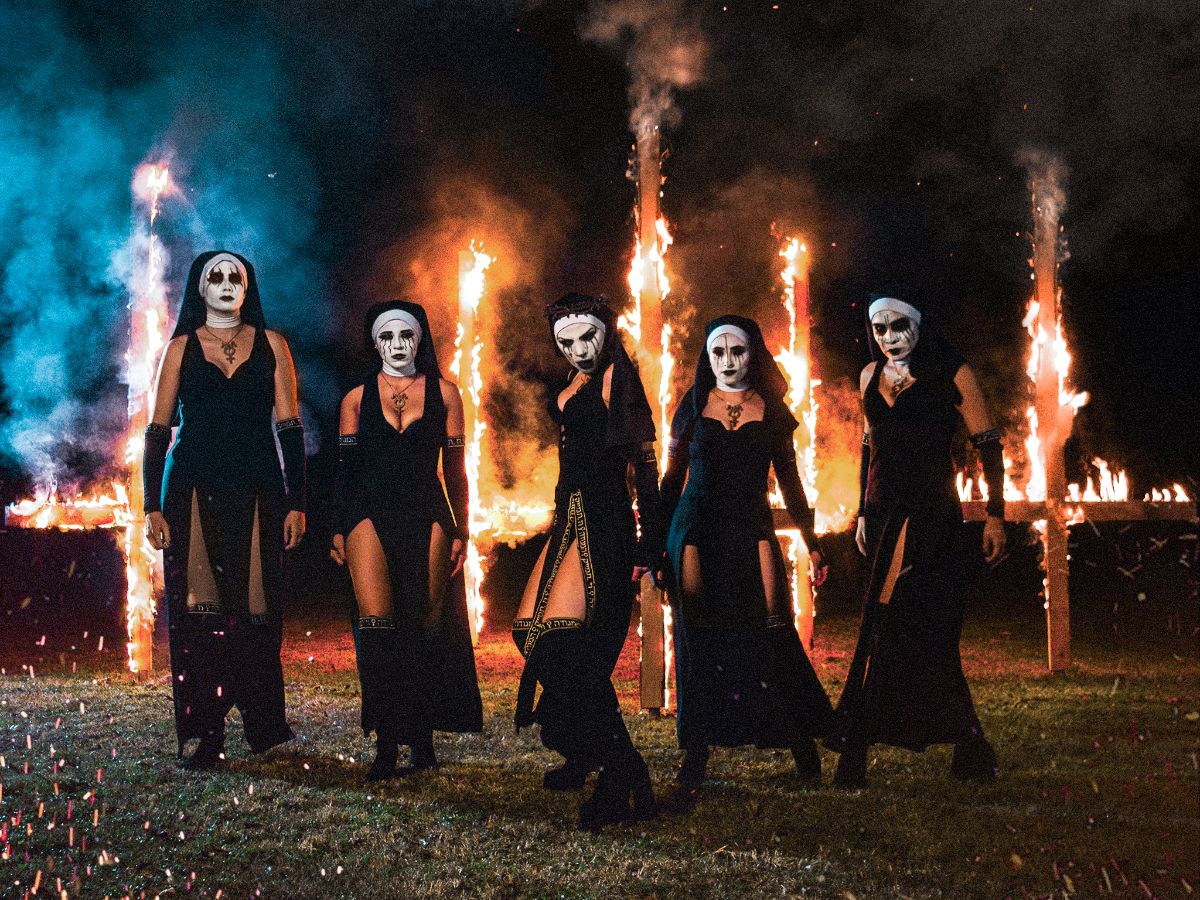The Implosion of Dogma: A Glimpse into the Abyss
The downfall of Dogma unveils industry discord, amid allegations and inner turmoil. A lesson in art's essence and industry's fragility.

The Sound of Chaos
In the world of rock, Dogma was a band that dared to tread the untrodden, a voice that rose above the numbing echoes of commercial hype. But now, accusations have cascaded down like a torrential downpour, revealing a discord far more profound than a few missed notes. Allegations of financial impropriety, clashes over creative direction, and frayed personal relationships suggest that the band’s demise was orchestrated long before the public ever heard the first whispers of dissent.
The irony isn't lost on those of us who remember Dogma's inception as a force of nature—a band that promised something real, something dangerous, in an industry that often seems allergic to authenticity.

Toxic Harmonies
The silence from Dogma’s management as these issues emerge is as deafening as their music once was. Fans, disillusioned and disenchanted, are left grappling with the idea that behind every revered chorus lies the potential for dissonance. The divide between the band's external successes and internal dysfunctions has only widened over time, a painful reminder that innovation in art does not exempt one from the baser instincts of human nature.
The music industry, with its glamorous façade, is littered with the wreckage of bands that forgot the essence of their creation amid the allure of profit and fame. Dogma’s situation shines a harsh light on these hidden crevices, reminding us that for every rock anthem that inspires, there’s a story of struggle, conflict, and sometimes betrayal.

A Symphony of Disillusionment
But perhaps this chaos is the necessary purge that rock needs. Dogma's descent could serve as a brutal but essential wake-up call for an industry teetering on the brink of irrelevance. An industry bogged down by hollow pop culture icons that offer no substance, no danger, no real emotion.
As we await further revelations or even resolutions, we can only hope that Dogma—or what's left of it—will use this tumultuous period to rediscover their roots. To find that rebellious spirit that could once again inspire a new wave of artists to rise against the tide of conformity.

In the echo of their collapse lies a rallying cry for true rebellion, untainted by the glitz and glamor that ultimately led to their undoing. The world still needs real rock, and in Dogma's implosion, there is a haunting reminder that art, at its core, should be dangerous, defiant, and above all, unrepentantly real.




